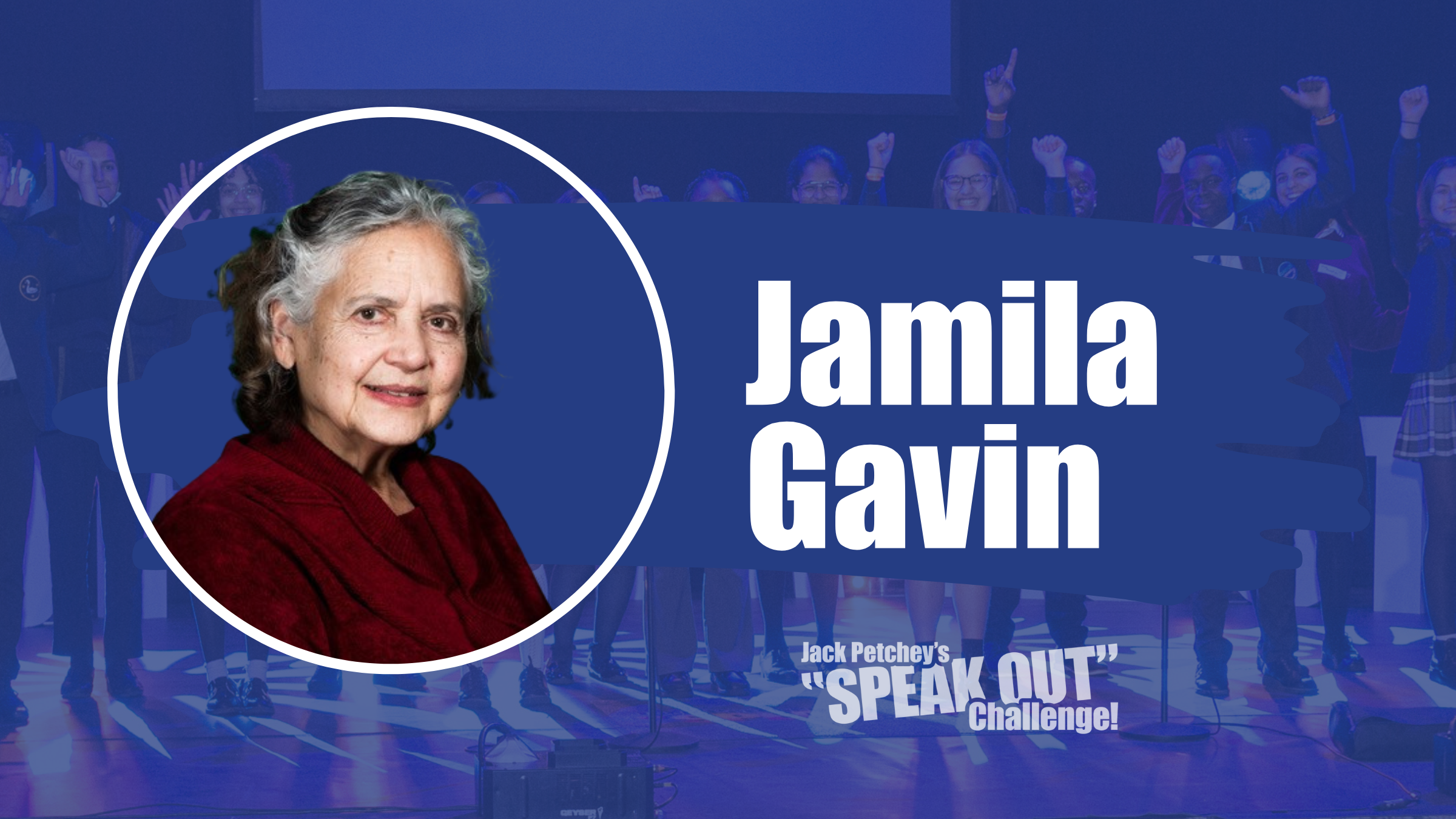On Monday 8th July, Jack Petchey’s Speak Out Challenge Grand Finalists will take to the stage of the Cambridge Theatre. Every speech is unique and inspiring in its own way, making it an incredibly tough decision to determine who the next Jack Petchey’s Speak Out Challenge Grand Champion will be, which is why we invited an esteemed panel of judges to take on that difficult task!
The panel consists of artists, presenters and campaigners all known for using their voice to create change. They will judge the competition based on the content, delivery, structure and positive impact of each speech and help us crown this years winner.
In no particular order, let’s meet the judges!
Jamila Gavin MBE is an award-winning author, whose incredible stories have been adapted for stage and screen. Jamila’s rich Indian and English heritage inspire her writing, and she creates unforgettable adventures in books such as the much-loved Coram Boy.
Q: • In your experience, what does it mean to find your voice?
A: It means confidence: confidence that you matter, and that your ideas and opinions matter. It makes you visible, and your ideas important.
Q: • Why is empowering young people important to you?
A: If young people can develop into articulate young adults, they will have far more ability to shape the kind of world they want to live in. But on a personal level too, at school or in the home, it’s important to know how to express yourself: how to answer questions in class, to make your voice heard; or to debate with your family at home – even over domestic matters or in family disputes. Words express feelings and ideas, and with a voice, you can develop them, and challenge or defend issues that matter to you. Speaking out when you see something is wrong.
Q• What does communication mean to you?
A: All living things communicate – they are now finding even trees and plants communicate. We all share the same planet and resources, so we need to be able to communicate our needs as well as understanding the needs of others – not least the planet itself. Arguably, people who are confident about expressing their ideas, may also be confident enough to be challenged; to learn to listen, and take on board other points of view. Communication comes in many forms: not just articulacy via the voice, but through all forms of expression like writing, theatre, music and the arts. They too can be powerful forces for change. But I have also been concerned about how people with profound disabilities are able to communicate. The programmes are there for them – and computer technology has been a wonderful freeing of articulation for so many people. They too are being heard now.
Q:• And finally, thinking about our young speakers, how can they provoke the change they want to see in the world?
A: Being articulate means you have learned to organise your ideas, and express them in ways which will make people listen and understand what you have to say. But I do hope that the act of articulation also encourages listening; to hear an opposing view, and consider its merits. In some debating societies, many are encouraged to support a view they don’t hold themselves. In drama workshops, we do role play. I think that is very good practise. The more you understand what your opponent believes, the more you have to unpick and sometimes readjust your own opinions, to countermand them. I profoundly believe in drama for young people – it can be an incredible confidence booster, especially playing out to an audience.





